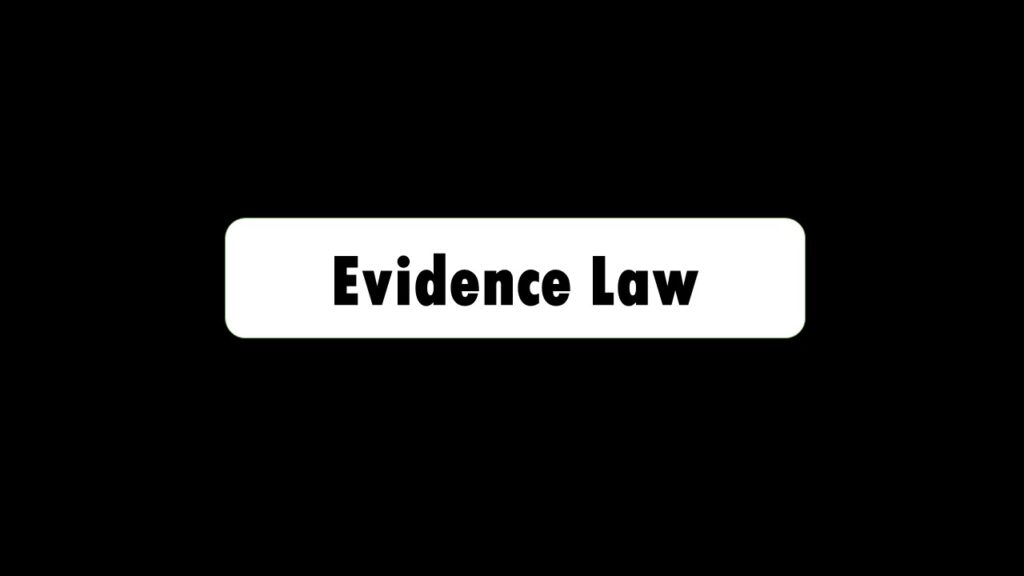In re: KK Roy (Private) Ltd. [AIR 1967 Cal 636]: Calcutta High Court
Recognition of apostilled document despite India not having notified U.S.A as reciprocating country
32. The Notary is now internationally
known today in the modern world of commerce, industry and dealings between
different nations and countries. Reciprocity between different countries is its
essential basis. Without this reciprocity and mutual respect the whole system
and rationale of notarial acts will break down, to the great detriment of
commercial transactions throughout the world and their due administration by
courts of law in different countries and will jeopardise international
commerce, law merchant and administration of justice. It is precisely to
provide facilities of receiving affidavits, documents, protests of bills of
exchange and other commercial papers that this institution of Notary Public
grew up to fulfil a very practical need. Unnecessary or illogical impediments
should not be put on his way. No doubt that does not mean that law of the
Courts should not ensure reasonable authenticity and dependability of notarial
acts. When I find that this notarial act of Elizabeth Levy has been certified
by the County Clerk and by the Clerk of the Supreme Court of New York, the
Court of Record under its seal, and when I find that this Notary public is
authorized to administer oath by the laws of the State of New York, U. S. A. and
further that there is the certificate of the Consulate General of India, an
office recognized expressly by Section 3 of the Indian Diplomatic and Consular
Officers (Oath and Fees) Act 1948 to administer oath and take
affidavit, then the dependability and authenticity of such notarial act are in
my judgment sufficiently ensured and cannot be doubted.
